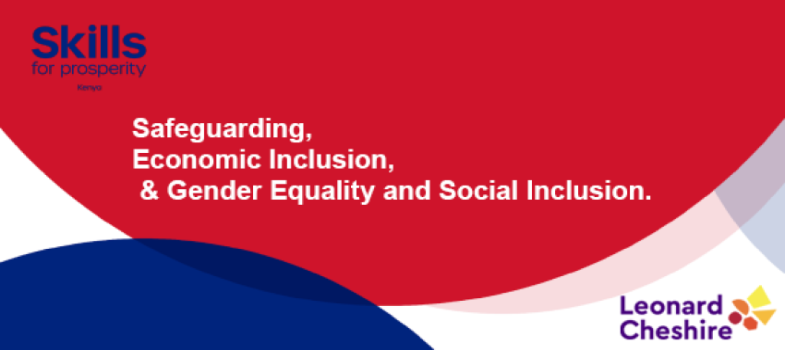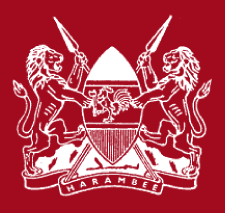2.1.2 Definition of key terminologies

Social inclusion: Refers to the process of removing institutional barriers and the improvement of incentives to increase access to development opportunities by a range of individuals and groups; it is essentially making the ‘rules of the game’ fairer - Prosperity Fund
-
“this is the social definition of women and men among different communities and cultures, classes, ages and during different periods in history” – National Gender and Equality Commission.
- Gender refers to the social and political roles, behaviours and attributes which are constructed for women and men by a given society. These constructs are learnt, they shape how people define themselves and how they are defined by others.
Gender norms: Social standards, conformity, expectations and beliefs about the roles, relations and values attributed to different genders, e.g. girls/women and boys/men. They are different in different societies, change over time and are learned from people and institutions - UNFPA

| Previous | Next |






